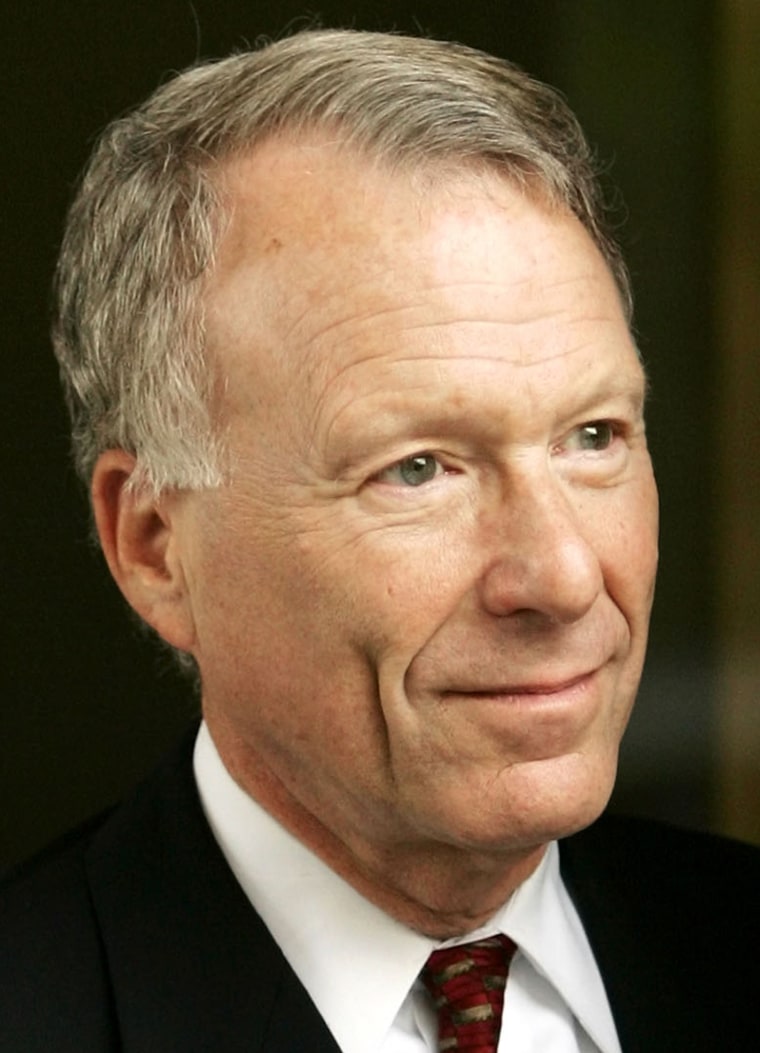A federal judge has handed I Lewis "Scooter" Libby, the former top aide to Vice President Cheney, a partial legal victory in his long battle to present classified documents portraying him as so consumed by matters of national security importance in the summer of 2003, that any mistakes he made remembering his conversations with three reporters about Valerie Plame were, "inadvertent and not the product of willful disinformation."
Judge Reggie Walton - in an opinion Monday - writes that substitutions and summaries which Special Counsel Patrick Fitzgerald has offered the Libby defense team instead of their using actual classified documents at trial are inadequate for them to put on a proper defense. Judge Walton ordered Fitzgerald to "go back to the drawing board and come forth with a more balanced proposal."
At issue are classified daily intelligence briefings (PDBs) and terrorism threat assessments (TTMs) which Libby wants to use as evidence to show he was so preoccupied with sensitive national security matters that he did not remember - what his lawyer's describe as "insignificant" - details about his conversations with reporters about Valerie Plame, the wife of former Amb. Joseph Wilson.
A majority of those PDBs were attended by Libby and the Vice President.
Ruling not 'free reign'
Walton said Libby has a right to use some classified material at trial in January. Walton has not said publicly what must be allowed, and both sides are arguing behind closed doors over how the information will be redacted for the jury. But Walton warns that his ruling, "does not give the defendant 'free reign' over his testimony."
"He is alleging both that the volume of his work would have impacted his memory and that some of the information presented to him as the vice president's national security adviser was so potentially catastrophic to the well-being of the country that the focus he had to devote to this information also impacted his memory," Walton said.
Libby's legal gambit - threatening to reveal sensitive national security details during the trial - has the potential of derailing the proceedings. It is a legal tactic called, "graymail."
Libby has already said he plans to testify himself to tell jurors that he never lied to investigators or a grand jury in the leak case. He faces five counts of perjury, making false statements, and obstruction of justice.
Libby says, in court papers, that records from 2003 and early 2004 will show he did not lie to investigators about his role in the leak of the CIA officer's identity.
Libby is charged with lying to investigators about his conversations with reporters about CIA operative Valerie Plame. His trial is scheduled to begin in January 2007.
Joel Seidman is an NBC News producer based in Washington.
